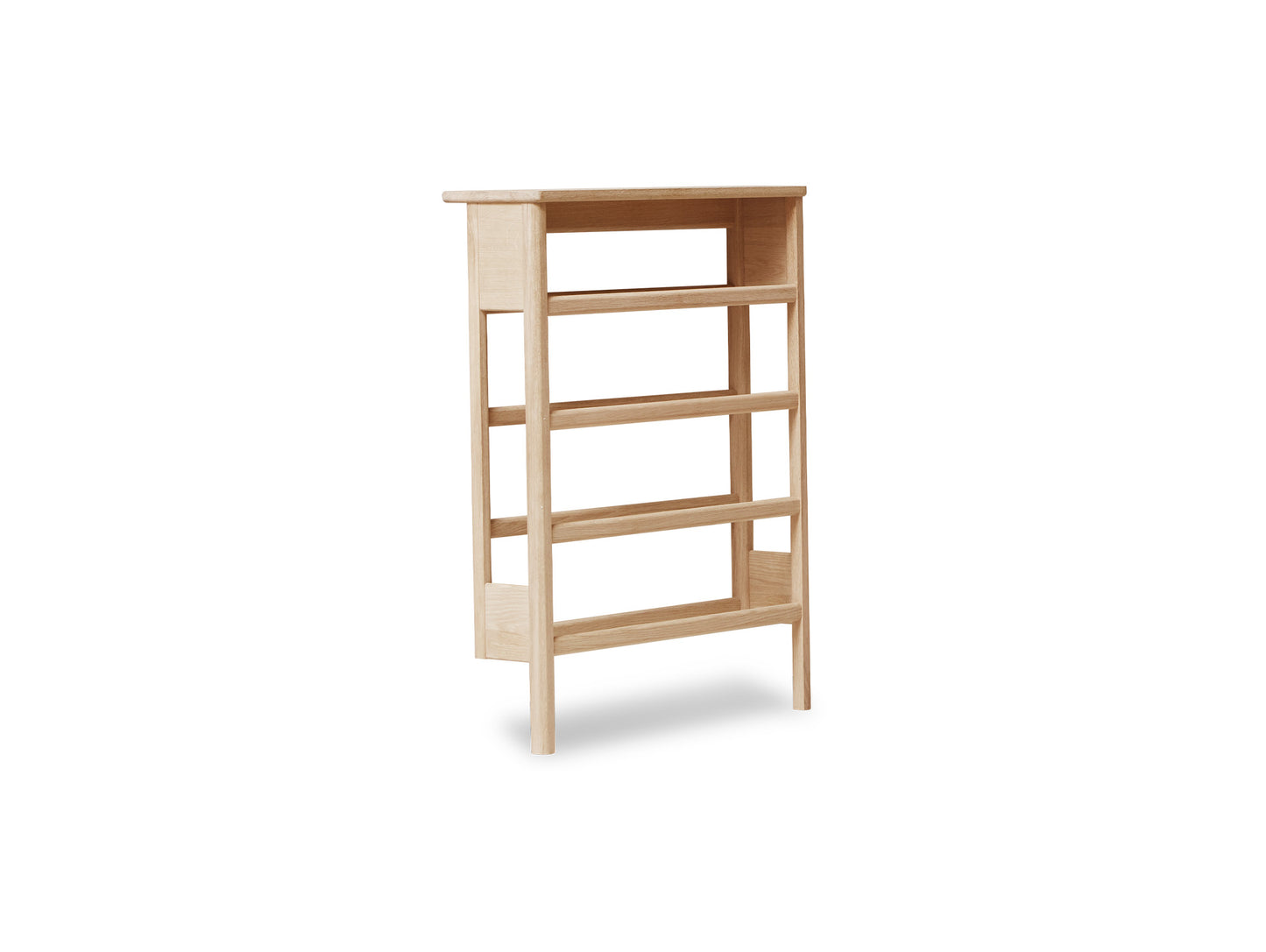
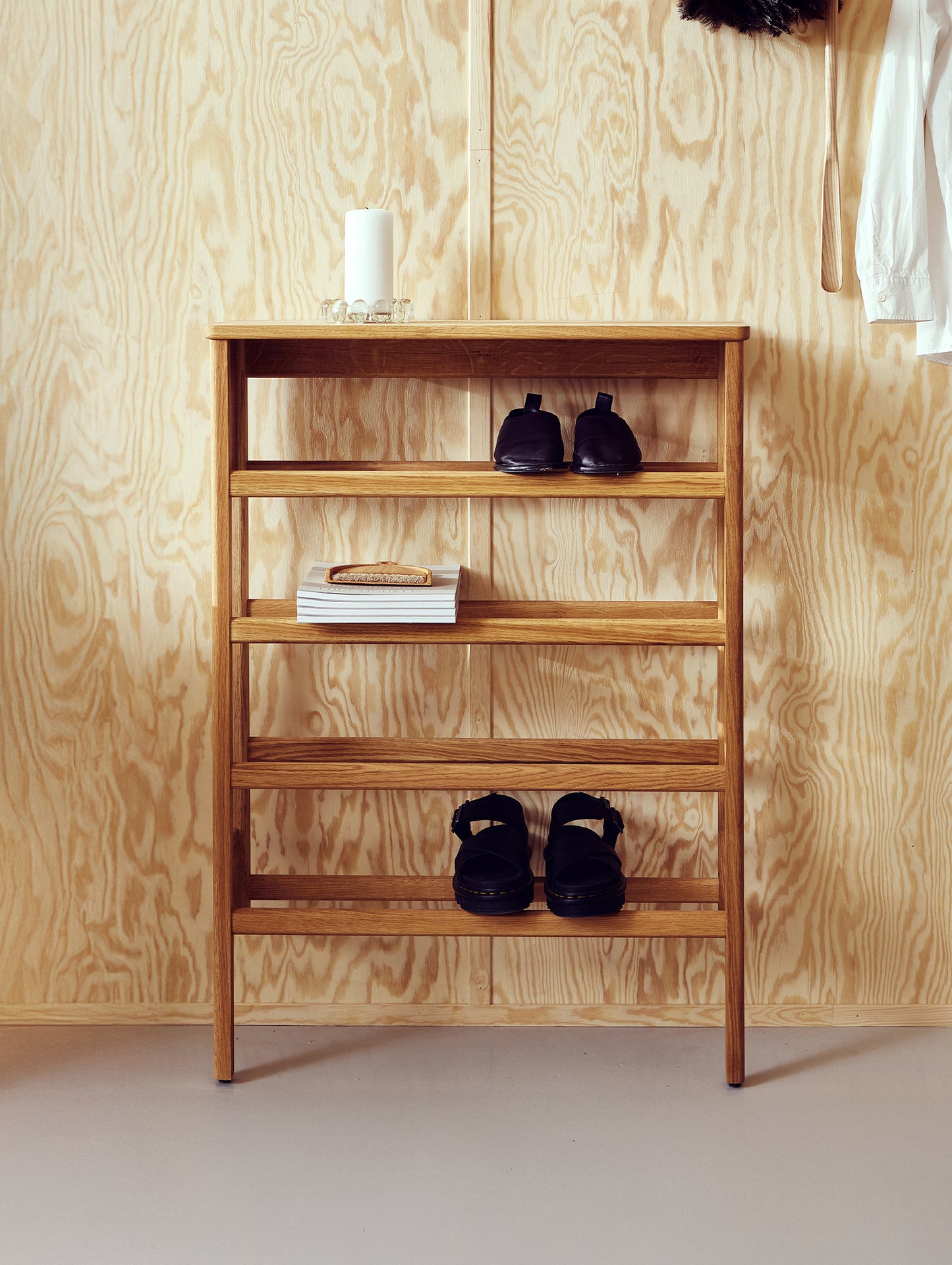
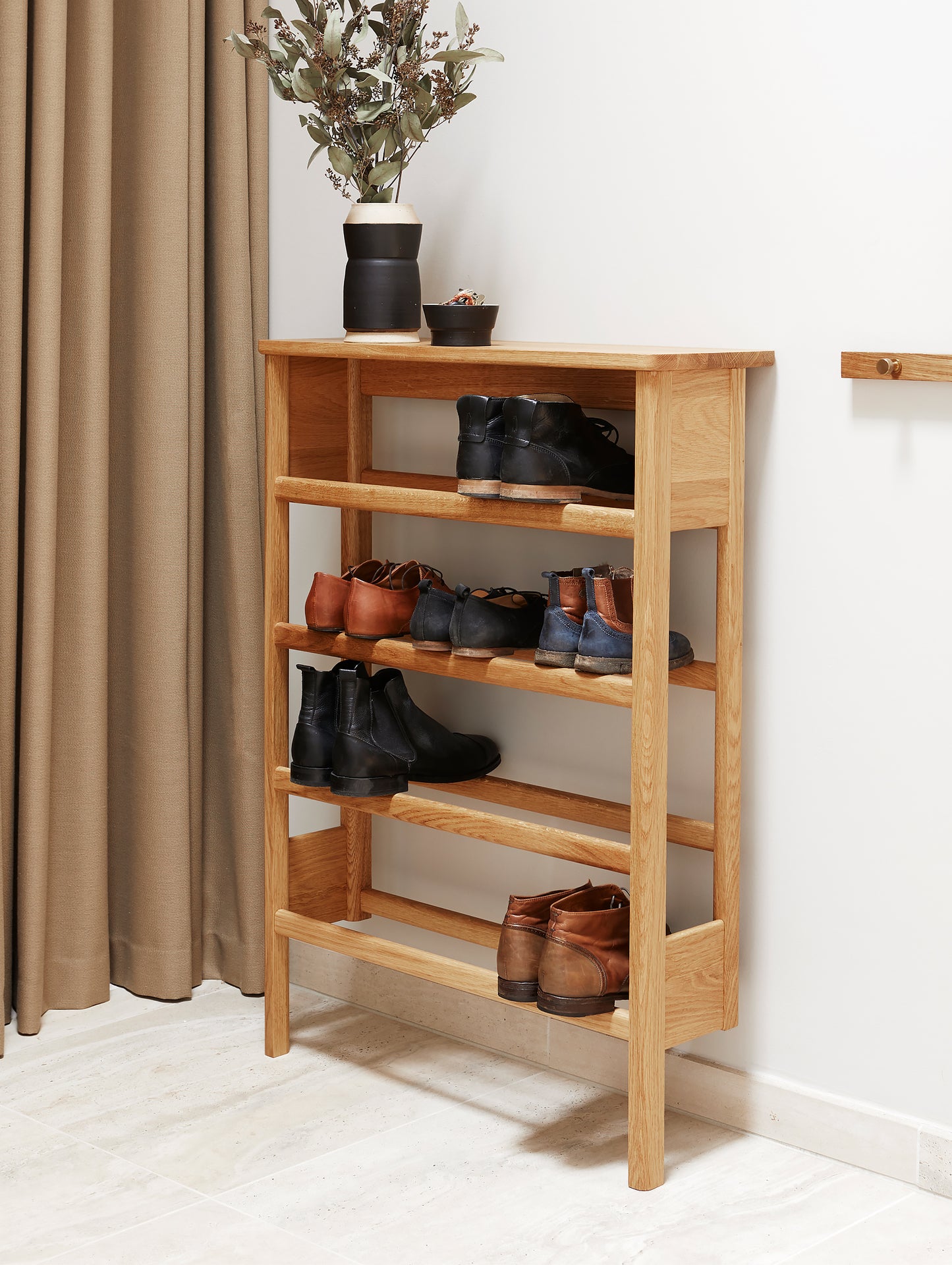
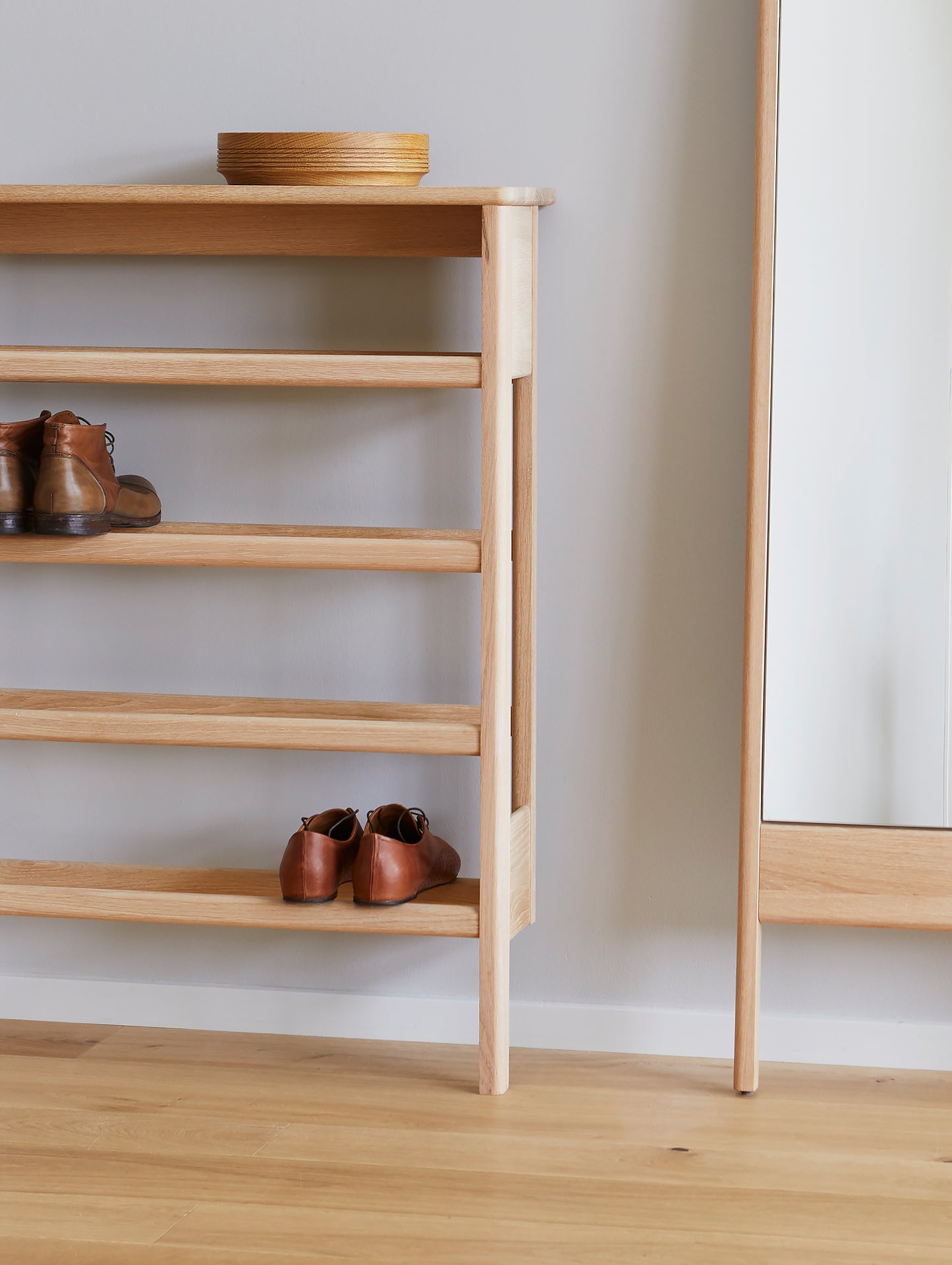
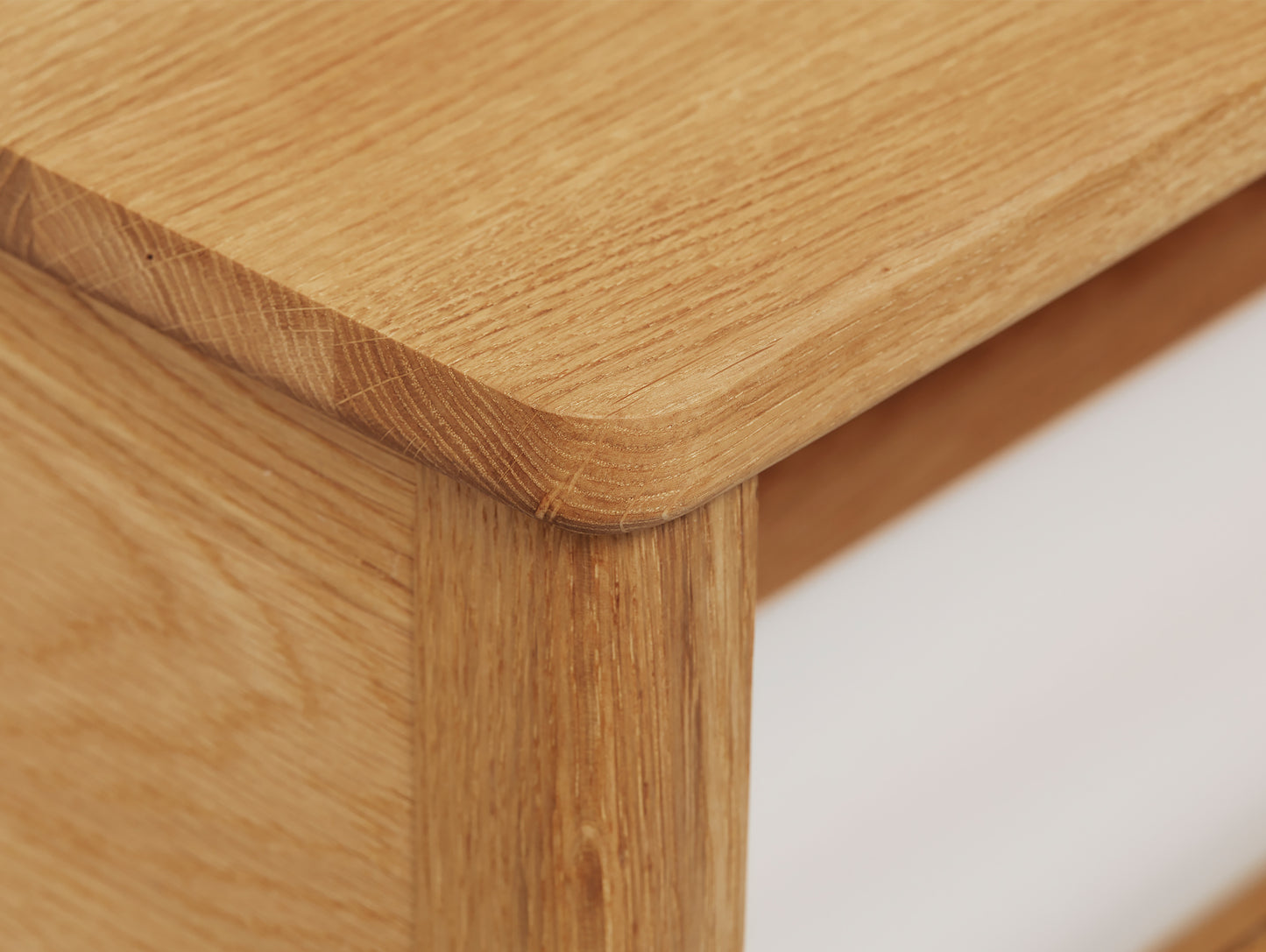
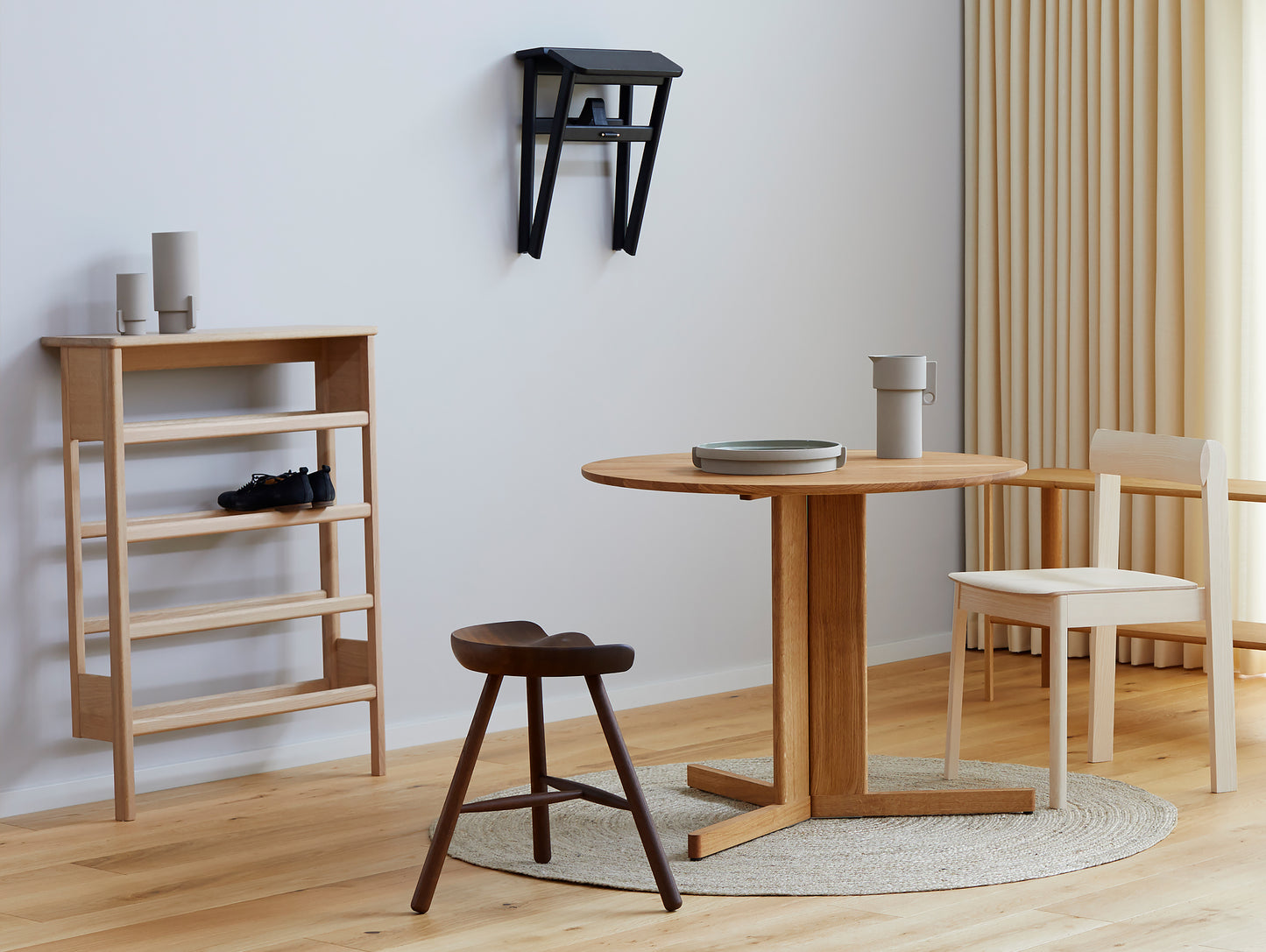
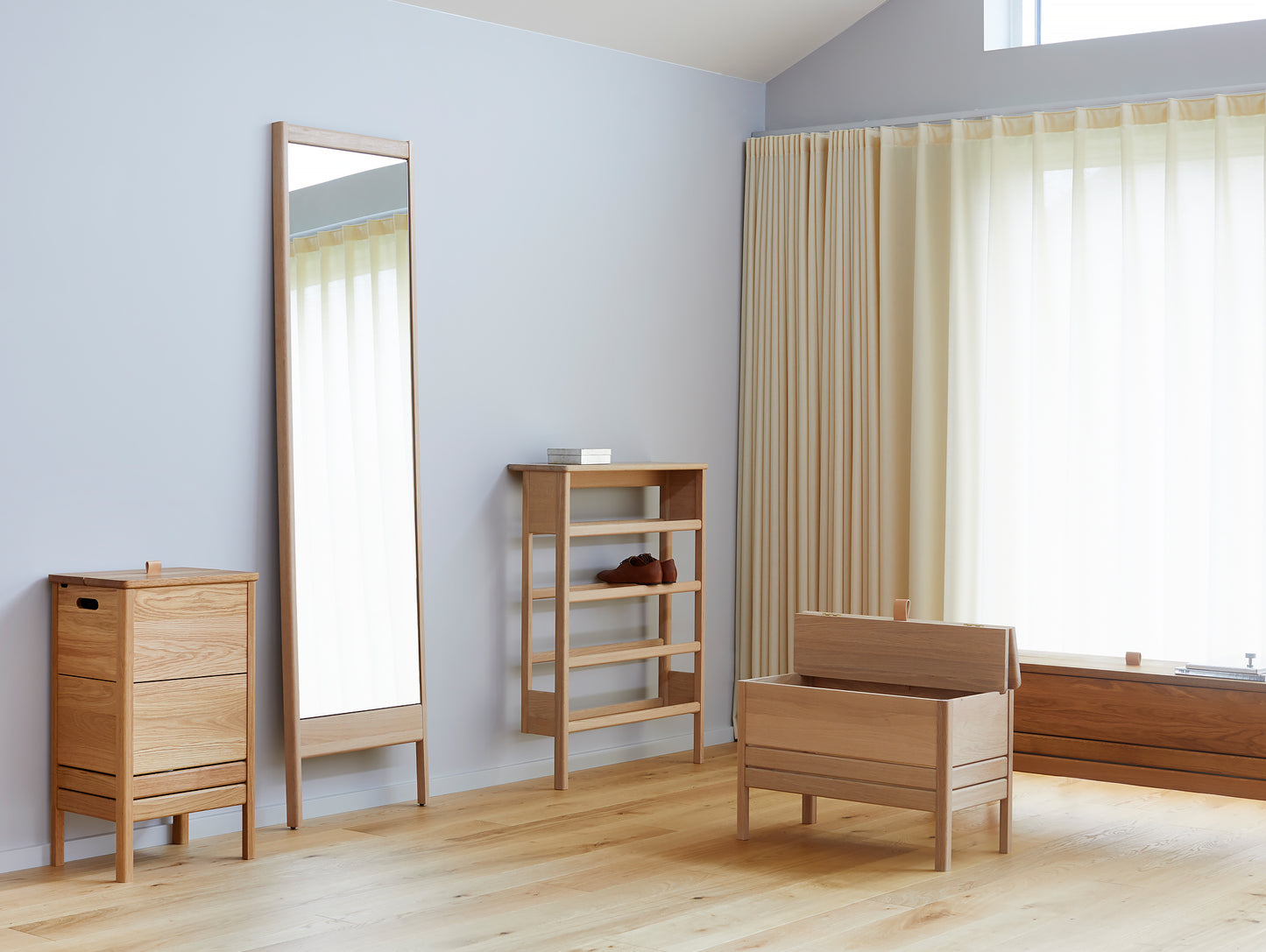
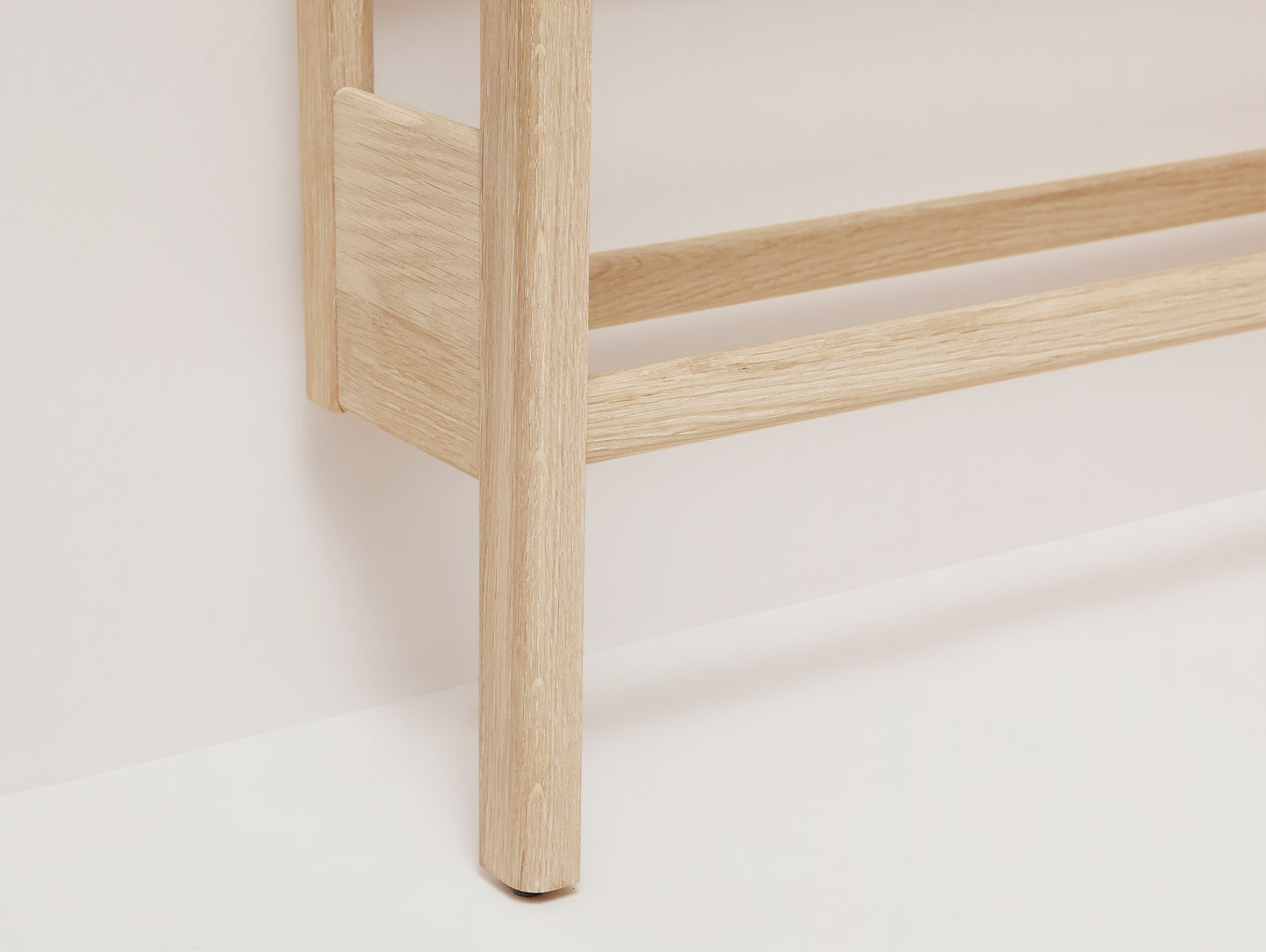
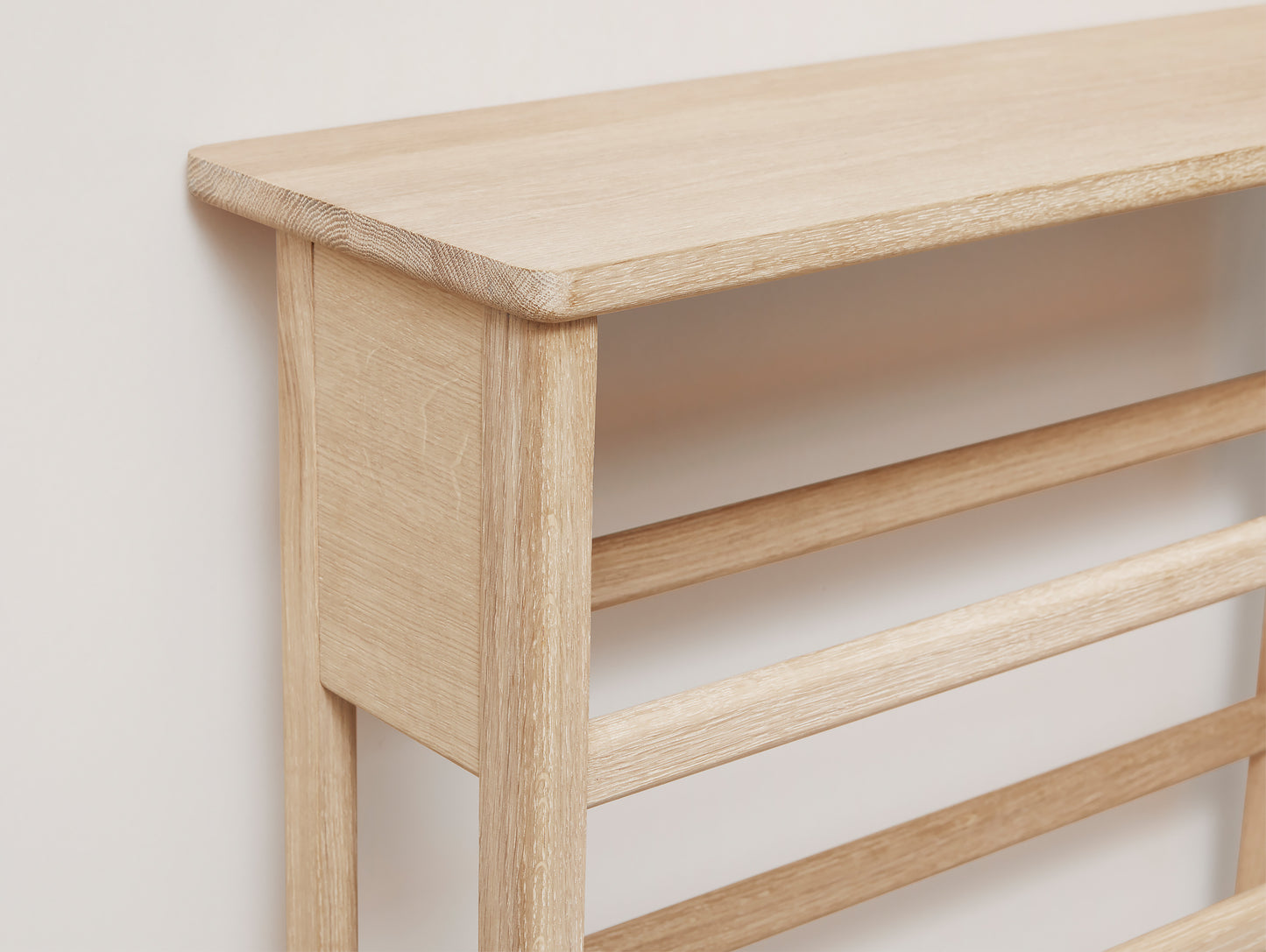
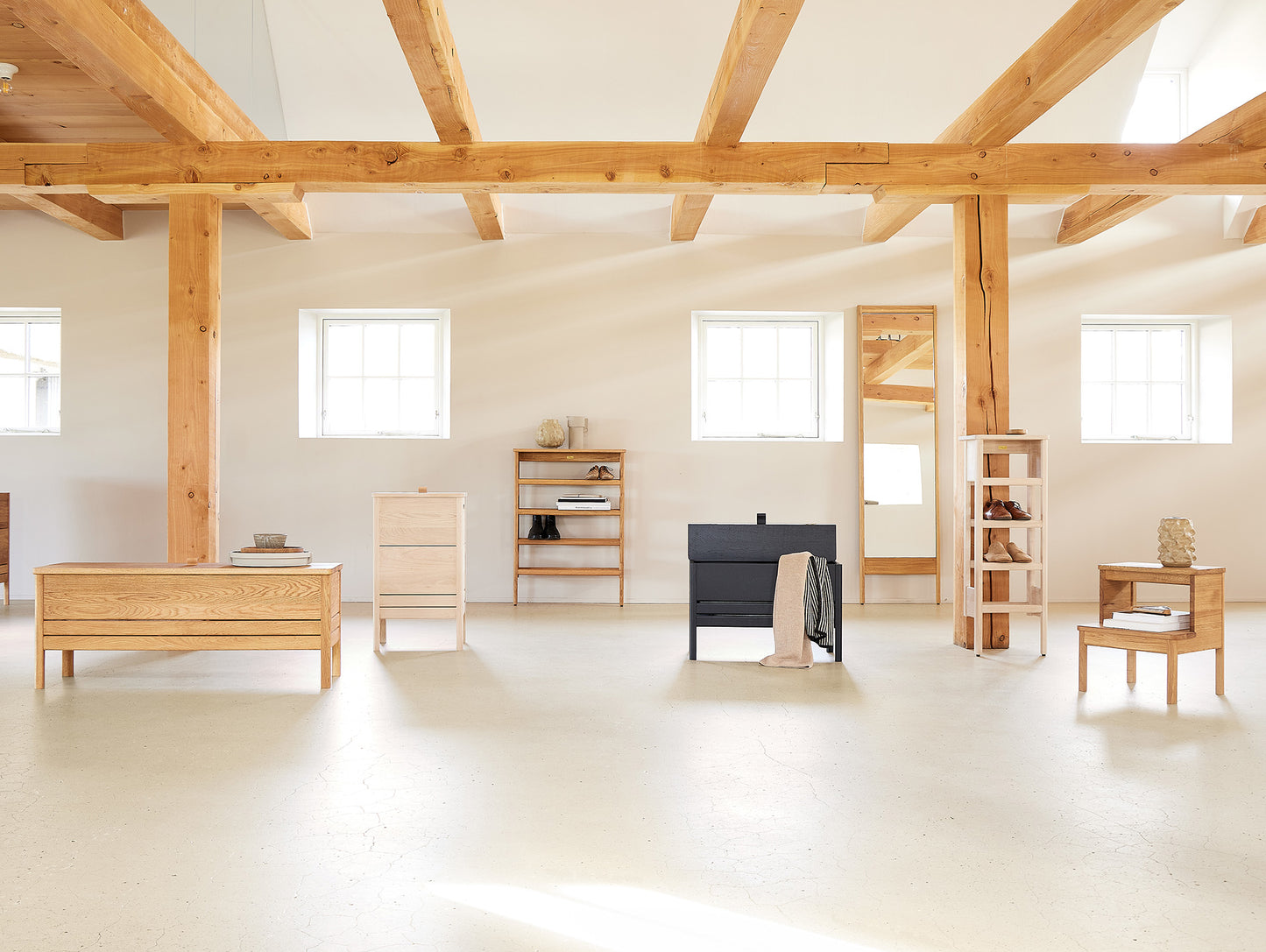
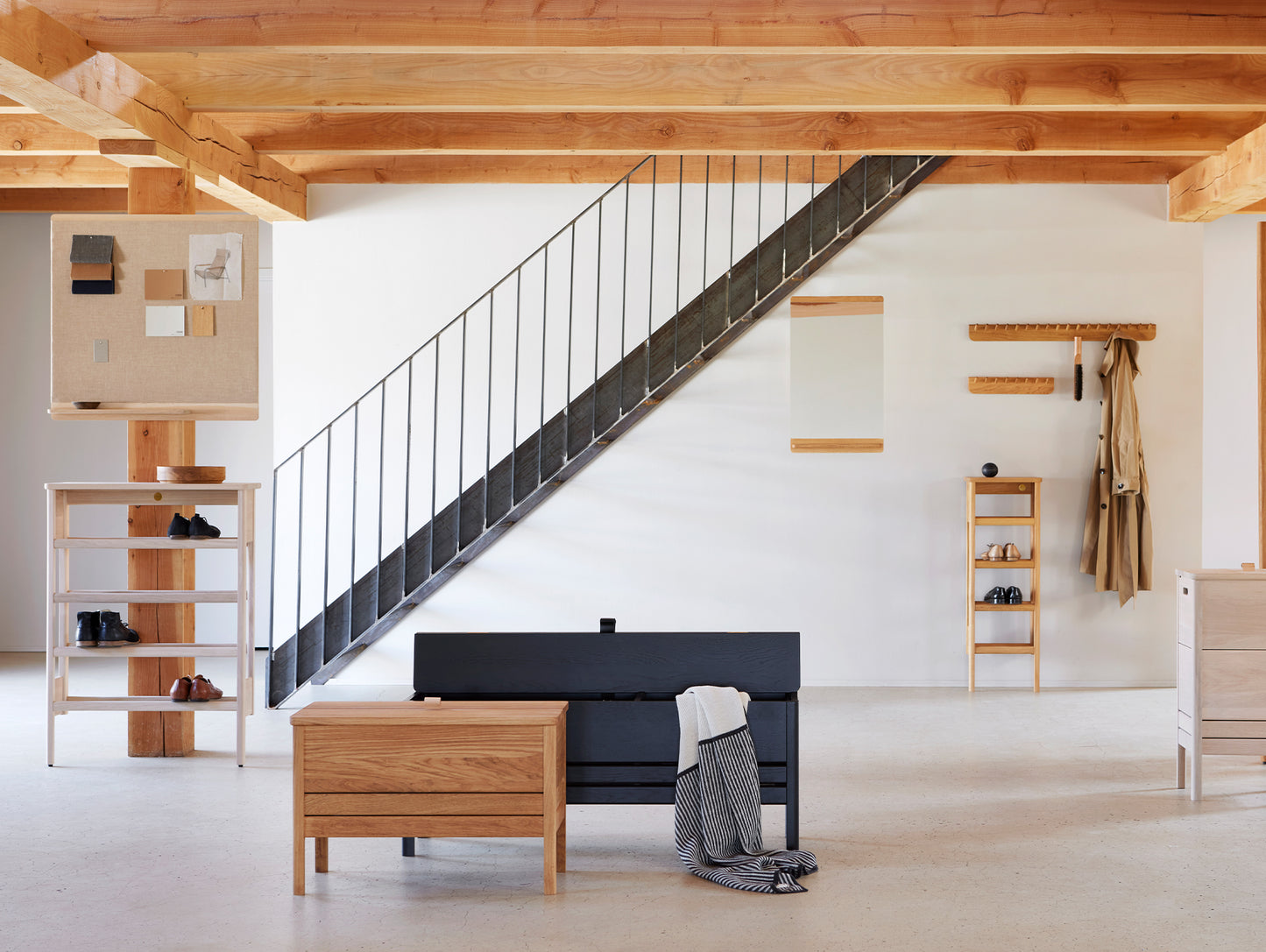
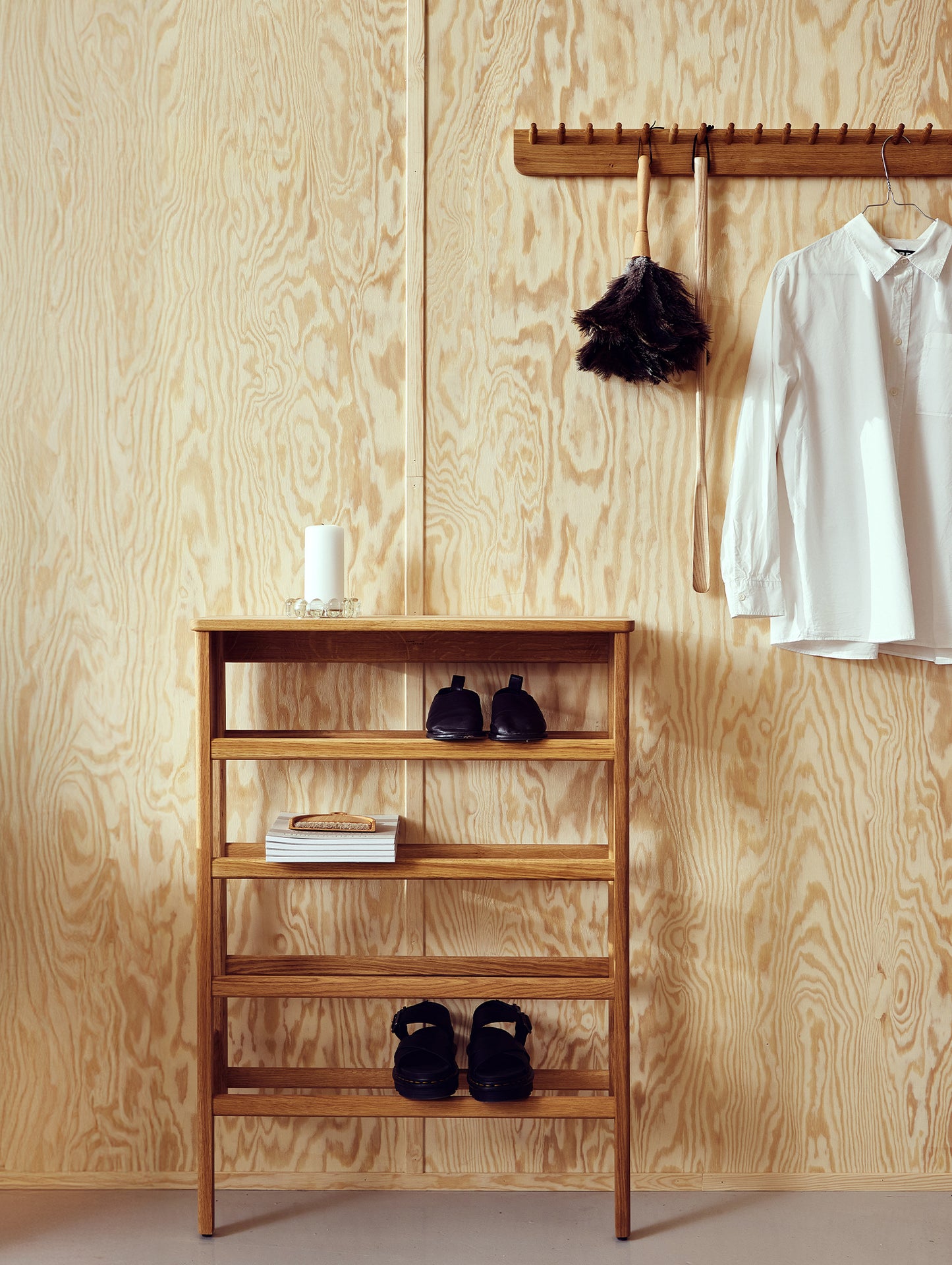
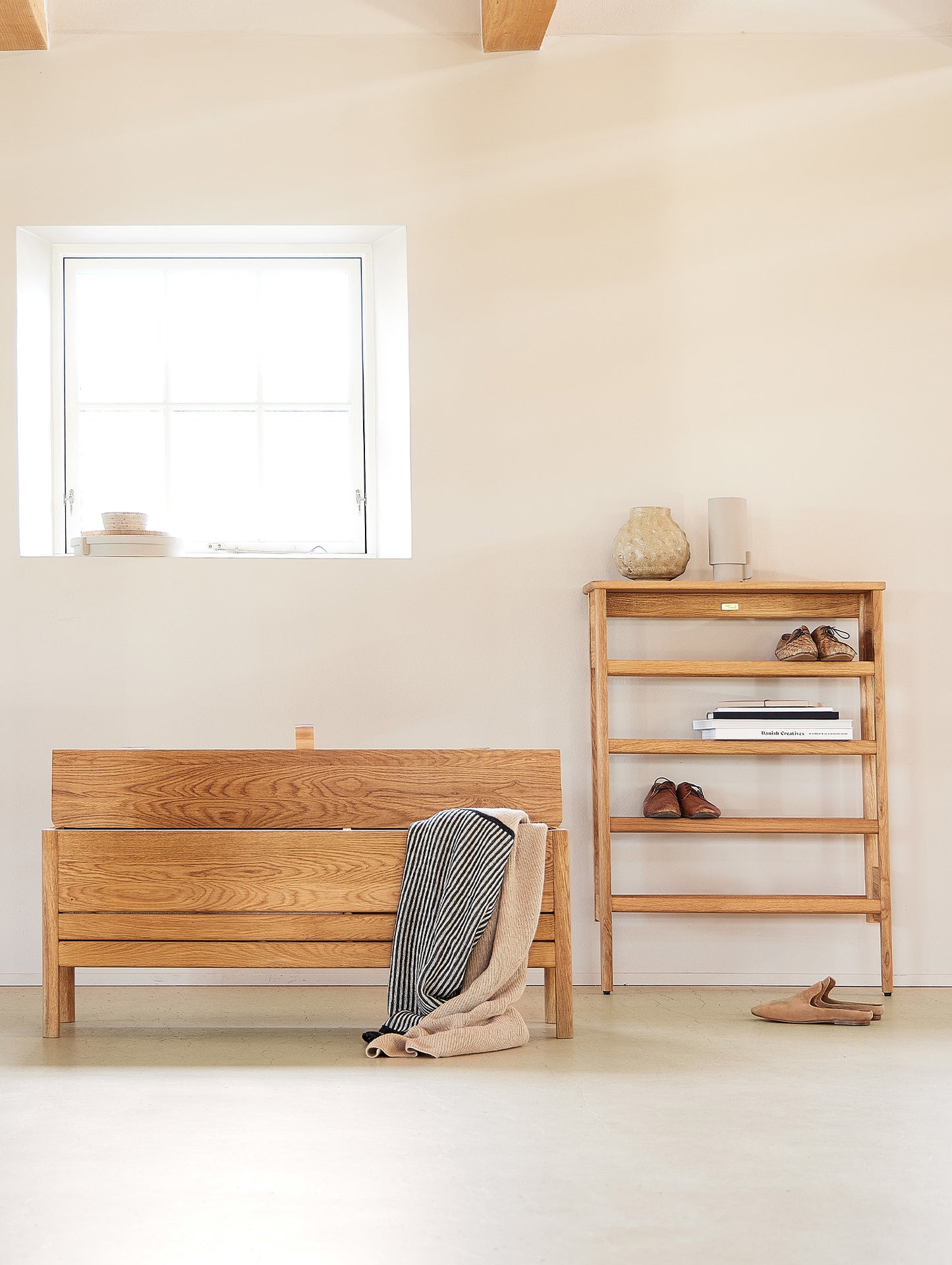
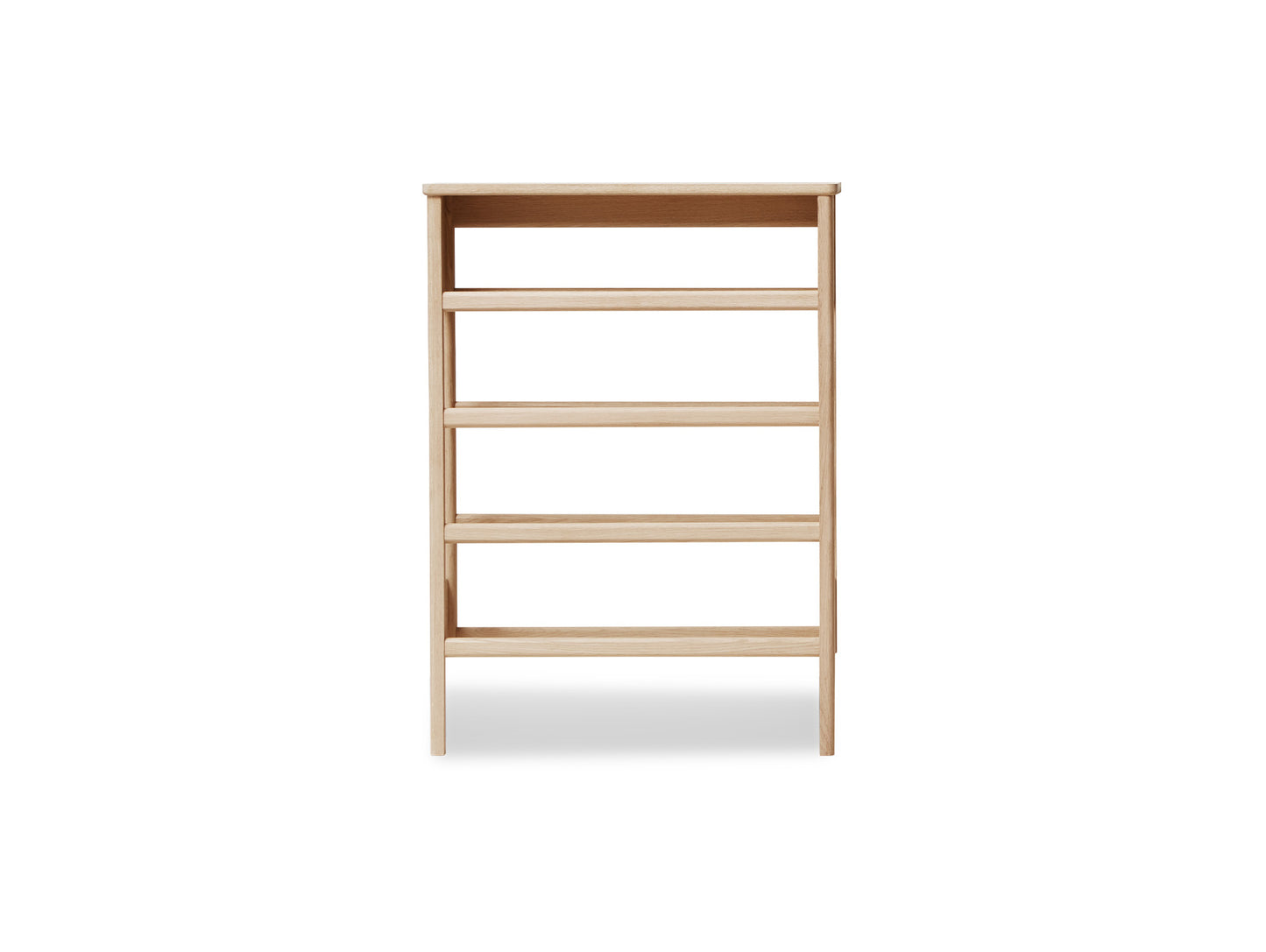
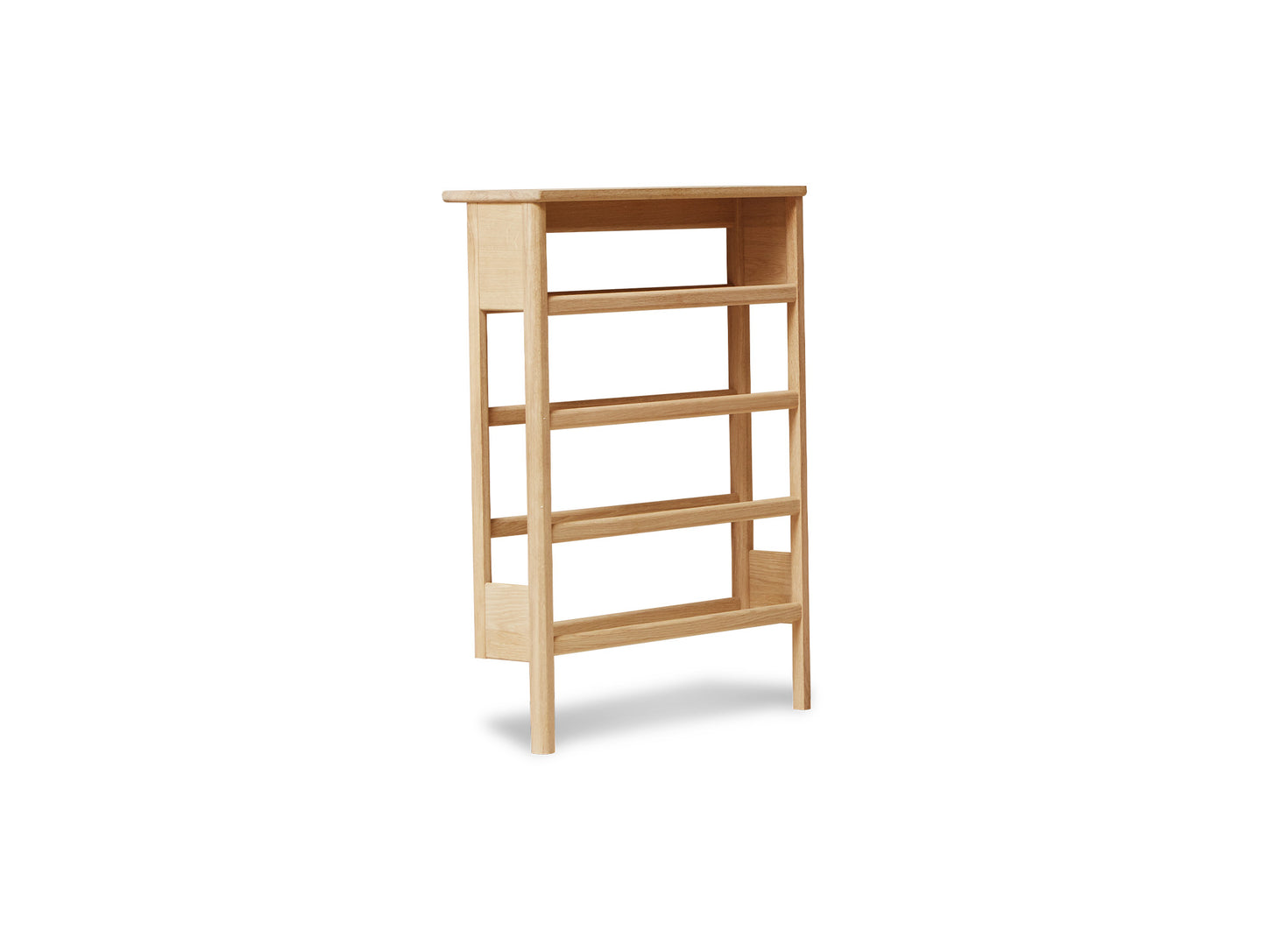
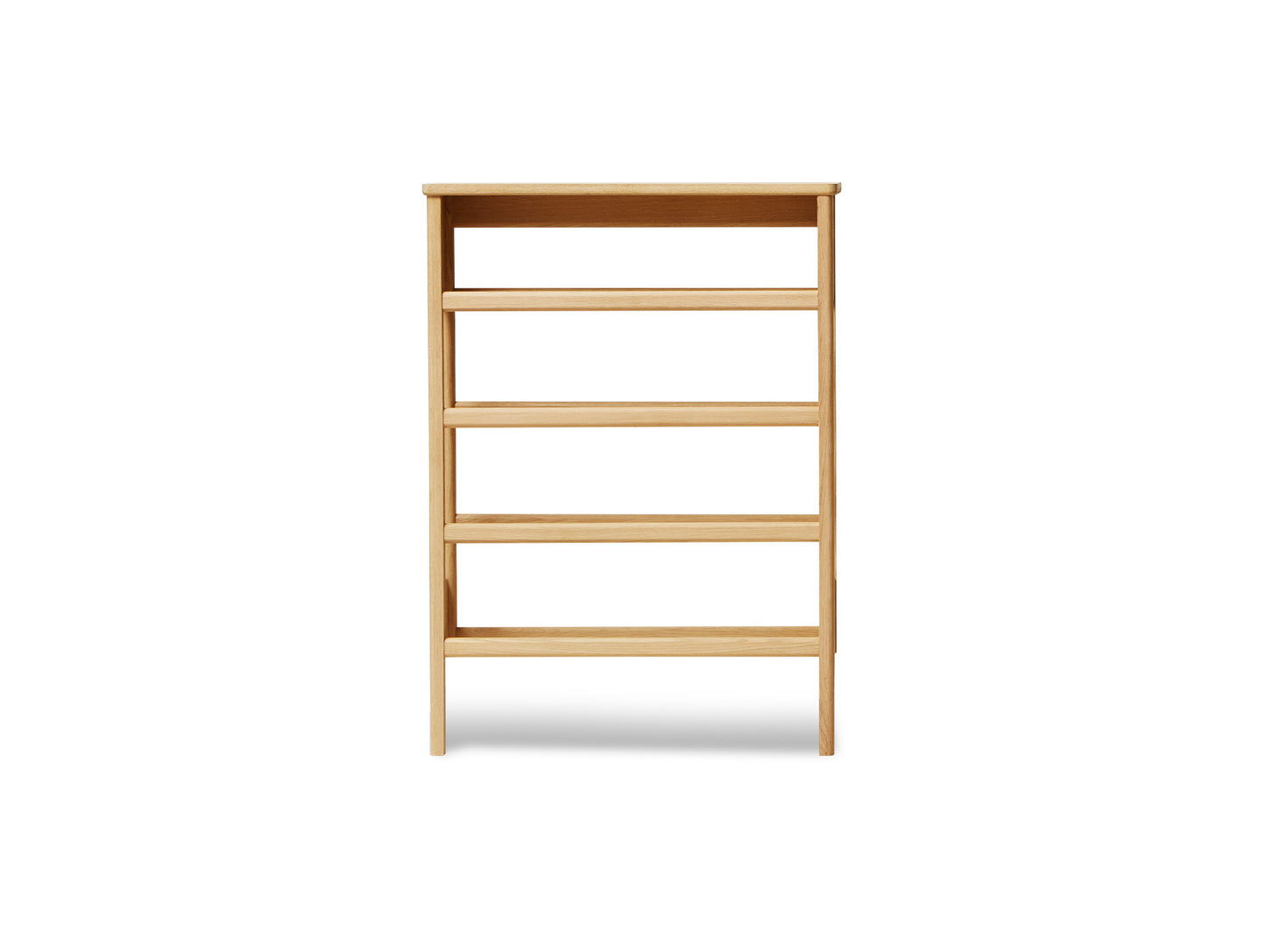
May we also suggest
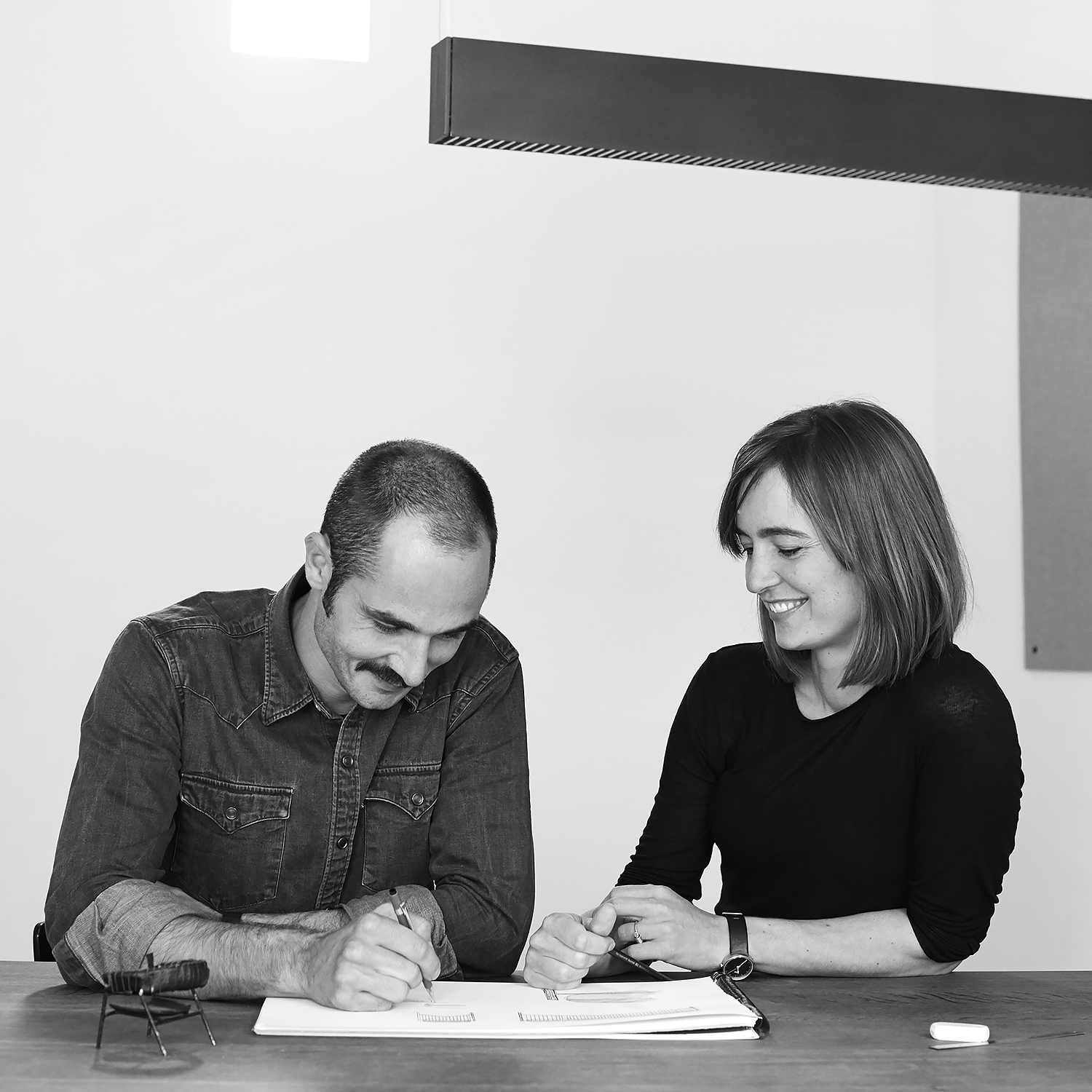
This product is designed by
Herman Studio
Herman Studio was founded in 2012 by two architects; Helle Herman Mortensen and Jonas Herman Pedersen. Their work spans from textile, ceramics, lighting and furniture design to interior design.
A characteristic of their design is each object's clear, distinct silhouette. Working with an identifiable outline for each object, makes the design stand out simply, clearly and recognisably. Their great passion for design is in addition to aesthetics, especially about construction and the use of materials. They work using a methodical and sequential process between sketches, models and prototypes. Their design process often starts by studying construction methods, which play a central role throughout the entire design process in their own workshop.
















